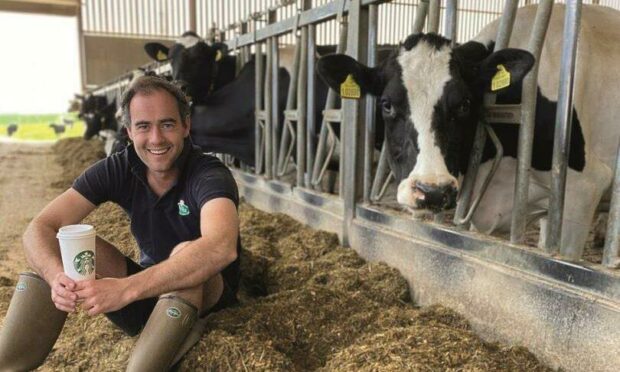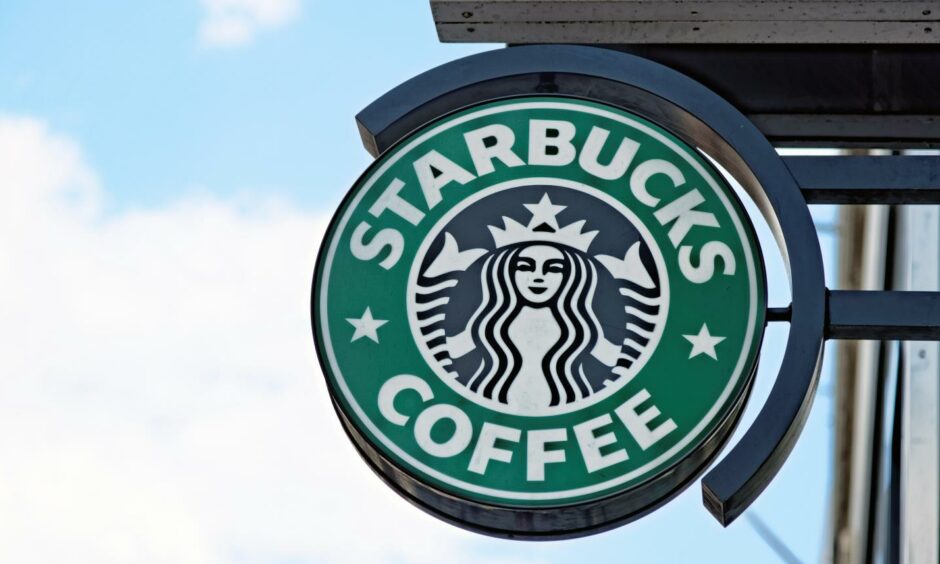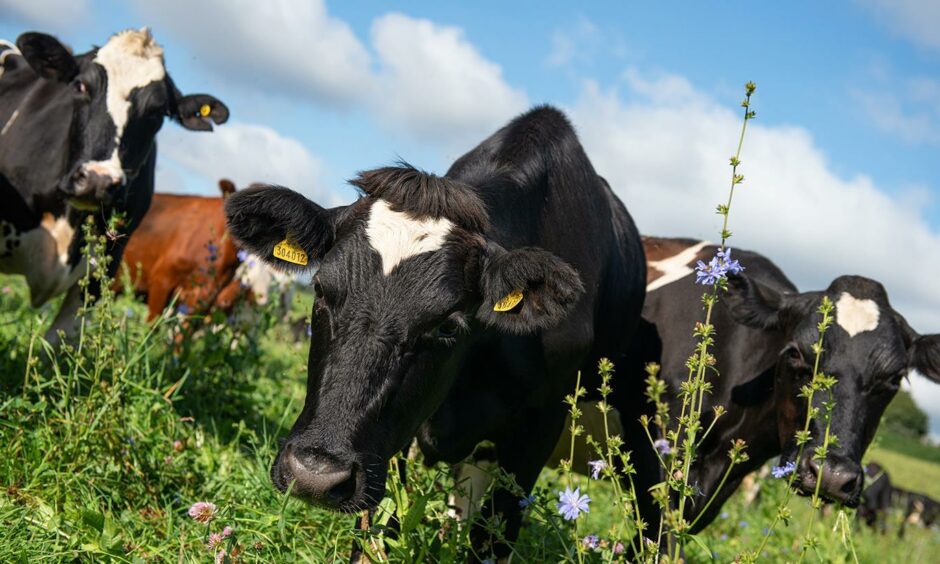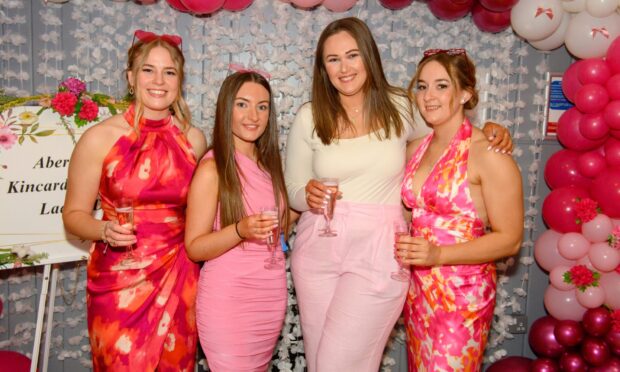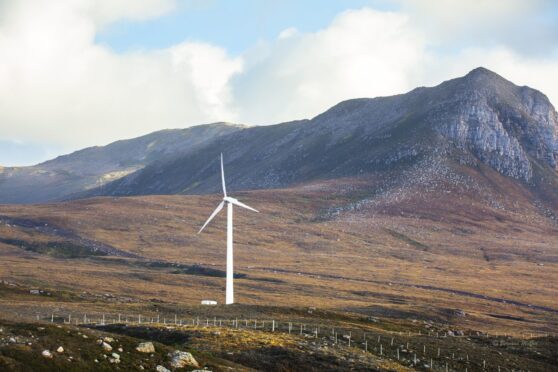Starbucks has teamed up with dairy farmers’ co-operative Arla to develop a scheme to reduce its carbon emissions from dairy.
The coffee chain will work with the British arm of European dairy farmers’ co-operative Arla, which buys milk from more than 2,000 dairy farmers across the UK, to develop and pilot a sustainable dairy sourcing blueprint for rolling out across its operations in Europe, the Middle East and Africa.
Starbucks said dairy emissions account for 22% of its global carbon emissions and the three-year project with Arla supports its ambitions to cut emissions by 50% by 2030.
Arla will recruit 14 dairy farmers across the UK to work on the project, which focuses on three areas – environmental stewardship, animal health and welfare, and ensuring profitability for the farmers – through the Arla UK 360 farm standards programme.
The project aims to identify innovative new farming practices and “industry-leading methods” to significantly reduce the emissions associated with dairy production.
“This partnership with Arla and the dairy farming community underpins our commitment to produce high quality and responsibly sourced products,” said Starbucks UK general manager, Alex Rayner.
“Purchasing sustainable dairy is integral to our work expanding our environmentally friendly menu options, while enhancing the Starbucks experience.”
Arla Foods UK‘s group senior agriculture director, Graham Wilkinson, welcomed the partnership and said it tied in with the dairy’s own goal of reducing greenhouse gas emissions by 30% per kg of milk produced by 2030.
He said: “It is a huge testament to the sustainable farming practice of our owners that Starbucks has chosen Arla to support its sustainable sourcing development work.
“Our carbon net-zero ambition recognises the importance of both lowering emissions and providing a helping hand to nature, but it is hugely important that Starbucks has also acknowledged the importance of taking a farmer-first approach to deliver this.
“I hope it also provides reassurance to Starbucks customers to know that behind every cup is a combined effort to support farmers to run profitable and sustainable dairy farms.”
One of the Arla dairy farmers selected to take part in the project is Mark Glanvill, who milks 280 cows on his farm in the south-west of England.
He said: “Whilst Arla’s dairy farmers are at the forefront of reducing emissions of dairy, it has to be recognised that this comes at a cost to production; our action can only be as fast as our finances allow.
“In joining the Arla UK 360 programme, Starbucks has shown recognition of this whilst its blueprint ambitions also demonstrate an understanding that sustainable sourcing must meet the criteria of good nutrition made with lower emissions and a helping hand for nature.”
